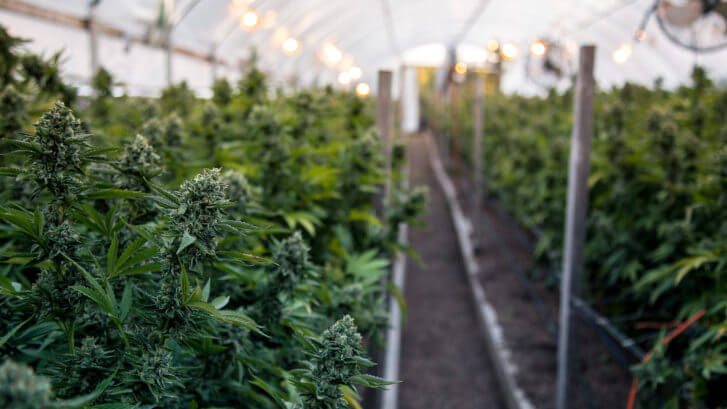BCL associate David Hardstaff’s article titled ‘Medicinal Cannabis Access in the UK: What’s the Hold-up?’ has been published by Analytical Cannabis.
Here’s an extract from the article:
On April 23, the Conservative Drug Policy Reform Group (CDPRG) published Part A of its report,The UK Review of Medicinal Cannabis: The needs of a nation. The report is an in-depth analysis of the routes of access to cannabis-based products in the UK, both lawful and unlawful. Part A of the two-part series considers the current position while Part B, which is yet to be released, will consider the options for future regulation.
The level of detail in and depth of research that has gone into Part A is impressive, making it essential reading for anyone with more than a passing interest in medicinal cannabis in the UK. The report coincides with renewed pressure from patients who feel let down by earlier assurances that changes to the law would break the logjam preventing access to crucial medicines.
Lawful routes of access
In relation to the lawful routes of access, the report provides a comprehensive analysis of the difficulties experienced by patients in accessing medicines in the period since the 2018 rescheduling of cannabis-based products for medicinal use (CBPMs) from Schedule 1 (drugs with little or no therapeutic value) to Schedule 2 of the Misuse of Drugs Regulations 2001. In the 12-month period following the rescheduling of CBPMs, only 6,926 prescriptions were issued, according to the reform group.
The report cites several reasons for the low number of prescriptions, including a lack of availability through the NHS in the absence of recommendations by the National Institute for Health and Care Excellence (NICE), product licenses and clinical guidelines covering limited patient populations, and regulatory restrictions arising from the classification of CBPMs, largely as Schedule 2 and Class B controlled drugs.
CBPMs may be supplied to patients in one of three ways: as licensed medicines with marketing authorization by the Medicines and Healthcare products Regulatory Agency (MHRA), as unlicensed “specials,” subject to strict requirements under the Human Medicines Regulations 2012, or as part of a clinical trial. At the time of writing, only three CBPMs have received marketing authorization.
This article was originally published by Analytical Cannabis on 10/07/20. You can read the full article on their site.

